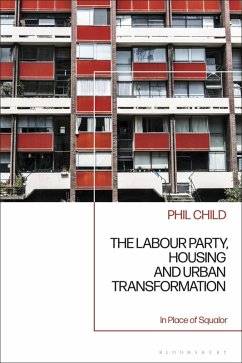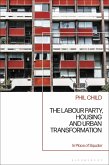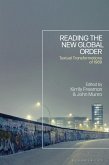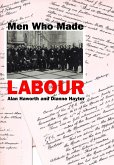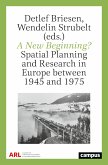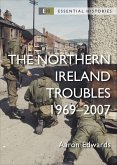The Labour Party, Housing and Urban Transformation explores how the urban transformation of Britain between 1945 and 1970 was understood politically by the Labour Party. Placing the Labour Party at the centre of the discussion, the book covers the most extensive period of state-led urban change in British history, from the end of the Second World War to the decline of high modernism in the late 1960s. Taking a particular focus on housing to explore the implementation of modernist ideas to drive a far-ranging process of urban transformation in Britain, it challenges conventional understandings of Labour's urban legacy and puts political ideas at the heart of twentieth-century change.
Utilising a breadth and range of material, including two distinct sets of archival sources, published secondary material, national legislation and Housing Acts, and various case studies, Child moves seamlessly between the national picture and its local impacts. It also draws from sources which had a crucial influence on political thinking throughout the mid-twentieth century to understand how urban transformation represented for Labour a political vision of the future. A timely contribution both to urban history and to the history of post-war Britain, it challenges existing interpretations of modernism, connects urban change to the political ideas that drove it, and allows us to comprehend the state of urban Britain today.
Utilising a breadth and range of material, including two distinct sets of archival sources, published secondary material, national legislation and Housing Acts, and various case studies, Child moves seamlessly between the national picture and its local impacts. It also draws from sources which had a crucial influence on political thinking throughout the mid-twentieth century to understand how urban transformation represented for Labour a political vision of the future. A timely contribution both to urban history and to the history of post-war Britain, it challenges existing interpretations of modernism, connects urban change to the political ideas that drove it, and allows us to comprehend the state of urban Britain today.

